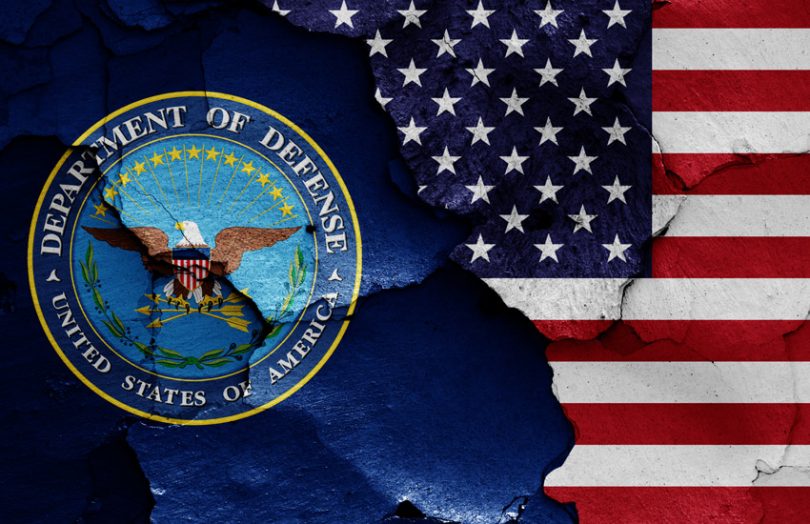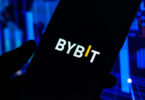Yesterday, SIMBA Chain announced it received a $200,000 contract from the U.S. Department of Defense (DOD) to deploy its blockchain solution for securing sensitive research and development (R&D) data.
Called the Authenticity Ledger for Auditable Military Enclaved Data Access (ALAMEDA), the project will begin next month and run through September 2020. The blockchain solution will enable government agencies to securely share documents and scientific datasets with the ability to control and track who gets access.
The DOD receives the lion’s share in federal R&D funding at nearly 40%, and it manages about 4.5 million documents for 4,000 users. Using blockchain, the DOD aims to improve integration, security, auditability, and controlled access of this critical data. ALAMEDA seeks to develop a single system for sharing these sensitive documents by leveraging existing repositories while maintaining the integrity and authenticity of the data.
“The enhanced flow of information represents a significant security risk. Hence the need for sophisticated blockchain solutions that authenticate and document users, eliminate third party bad actors, and otherwise allow secure direct connections between trusted sources,” said Joel Neidig, CEO of SIMBA Chain.
The current award is for a Phase 1 project. Based on the outcome the DOD may award SIMBA another $1 million for Phase 2.
Founded in 2017, SIMBA Chain offers blockchain solutions including a cloud-based smart contract as a service platform, allowing enterprises to create decentralized applications (Dapps). SIMBA has a long-standing relationship with U.S. government agencies, and it was borne out of a DARPA grant to the computing department of the University of Notre Dame and Indiana Technology and Manufacturing Companies.
Since then, SIMBA Chain has come a long way and has worked with the U.S. Navy and Air Force. A few months ago, the company secured $1.5 million in a seed financing round. A month later it landed a $9.5 million contract with the U.S. Navy.
Its smart contract solution currently supports Ethereum, Quorum, Stellar, RSK, Hyperledger Fabric, and Hyperledger Burrow, with plans to add more.






